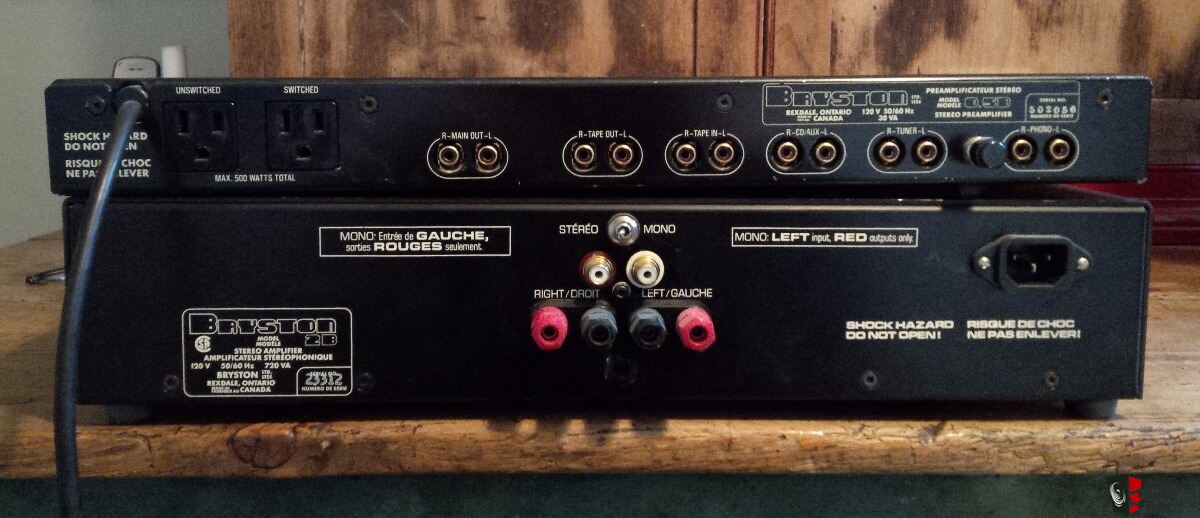Covering audio inputs has some small benefits. The influence on audio from unused audio inputs is definitely there, mainly because of crosstalk. However it can be easily and affordably solved by using shorting plugs.
Table of Contents
Introduction – Should You Cover Audio Inputs
Most of the time you’re not using all the audio inputs on your amplifiers or preamps. Many audiophiles like to cover these. First of all because it’s pretty neat and prevent dust and dirt from getting in. But there’s some controversy surrounding whether or not it actually improves audio quality.
To clear this up once and for all I’ve decided to write this article. I’ll first look at the proposed issue of uncovered and unused audio inputs. After nailing the issue down I’ll discuss some solutions and add some important things to be aware of as well.
Crosstalk – Noise From Unused Audio Inputs
The first thing that’d pop into your mind would probably be the unwanted noise. You might be worried about unwanted noise from the unused audio inputs reaching your audio. From the inactive inputs interacting with the atmosphere for example.
However, and this really depends on how your switch is designed, most switches will just use one input and the other inputs wouldn’t really have any effect on it. So it’s very likely that you won’t hear any difference. But I should also mention crosstalk.
Crosstalk is the disturbance caused by the electric or magnetic fields of one signal affecting a signal in an adjacent circuit. An actual difference in decibels can actually be measured with audio precision test equipment because of this. That would probably be very minimal though, but it’s easily reduced by shorting plugs.
If you’re an audiophile that appreciates music even on the atomic scale then you should absolutely cover those unused audio inputs. Especially since it’s so easy to do. Let’s take a look at our solution, namely shorting plugs.
Solution – Shorting Plugs
Shorting plugs are really the only thing you’ll need here. They are used to minimize noise from the crosstalk phenomenon I discussed in the previous section. They do this by grounding, which is really just routing the hot terminal on the connector to the connector sleeve, which is at audio ground potential of the amplifier.
Shorting plugs are very cheap at no more than a few dollars. You could also make them yourself if you want. You can do this by taking cheap RCA connector and crimp the ground to hot on one end. If you want a more detailed guide on how to do this, then please let us know in the comments.
Important! Only use shorting plugs for audio inputs. Never use them on audio outputs. This will probably cause damage and will have no added benefits at all. It’s very crucial that you keep this in mind.
Conclusion – Should you Cover Audio Inputs
There’s no reason not to, and it has some small benefits. The influence on audio from unused audio inputs is definitely there, mainly because of crosstalk. However it can be easily and affordably solved by using shorting plugs. These don’t just prevent the minimal unwanted noise from interference, but also prevent dirt and dust from getting into your inputs. Finally it’s also very important to not use shorting plugs on your audio outputs. Because that can cause damage and has no added benefits.
Hopefully this answered your question. I’d love it if you check out my other educational articles. Or if you’re interested in buying a new record player maybe check out my reviews & top lists. I’ve explored some great & affordable options.
Sources
- Peter J Skirrow (Bsc Hons, MIEE,MAES), IBA Crosstalk weighting, from https://en.wikipedia.org/
- Paul McGowan, PS Audio, from https://www.psaudio.com/
- Equitech, Audio Wiring and Grounding, from https://www.equitech.com/

No responses yet